We spent two very pleasant hours wandering around this Cotswold village. It was a bank holiday and the Cotswolds get inundated with visitors but for some reason, not Chipping Campden: it's always very quiet and calm - except for the cars, there's always so many cars parked around.
Chipping Campden is a market town, notable for its terraced High Street, dating from the 14th to the 17th centuries. The High Street is lined with buildings built from locally quarried oolitic limestone known as Cotswold stone, and boasts a wealth of vernacular architecture. Much of the town centre is a conservation area which has helped to preserve the original buildings. It was a wool trading centre in the Middle Ages.
First stop, Fillet and Bone,
that sells everything:
fruit and vegetables
drinks,
as well as fresh fish. Ken had a pork pie and I had a slice of vegan carrot cake which we ate as we wandered around.
The plants and flowers in this shop looked wonderful.
We turned into Sheep Street
which, like the rest of the village is classic Cotswold architecture. This limestone is rich in fossils, particularly of fossilised sea urchins. When weathered, the colour of buildings made or faced with this stone is often described as honey or golden.
J.B. Priestley made this comment about Cotswold buildings made of the local stone: 'the truth is that it has no colour that can be described. Even when the sun is obscured and the light is cold, these walls are still faintly warm and luminous, as if they knew the trick of keeping the lost sunlight of centuries glimmering about them'.
a thatched cottage
with an interesting side entrance to the garden
The area has been designated as an Area of Outstanding Natural Beauty and the houses are extremely well-kept
two sets of steps here, one leading to the garden and the other to the front entrance of the house
because the door at the front of the house is tiny
They do like their hedges here
and everything is kept immaculate
We had reached the edge of the village by now, and were walking on one of the main roads that leads to the village
all the houses were grand and well-kept
and a lot had thatched roofs
all chocolate box cottages
and a lot had these immaculate, designed hedges
could not see much through these gates except the immaculate garden
this house is so long, I could not get all of it in the picture
look at this hedge - amazing
everything just so
and another one
I looked at the front door, and thought, that this could very easily be the entrance in a fairy tale
and found ourselves in a road with modern housing
but this old barn as well
down the hill
past the old mill
and we were back full circle on the village main street
the village has a lot of these alleyways between the houses
This one's an independent one, not part of a brewery, pretty rare these days
Saint Catherine, a Catholic Church
Some narrow streets - such fun
lots of people sitting out eating here
not many houses with beams in this village, but there are a few
we decided to have a look at this hotel garden
we like to come here for lunch in the summer, but the garden is obviously not open yet
it's a beautiful garden, and we always come and visit even if we're not coming for a meal
We continued on our way and arrived at the market hall, one of the oldest buildings in the town, a Grade I listed building - it was built in 1627.
which is held by the National Trust these days
We had now reached the busiest part of the village, and yet, as you can see, not many people about
another alleyway
one of the larger houses in the centre
We were heading for the church but realised that our parking meter was about to run out, so we turned around, walked on the other side of the street, in the sunken pavement, got to our car and drove back home.








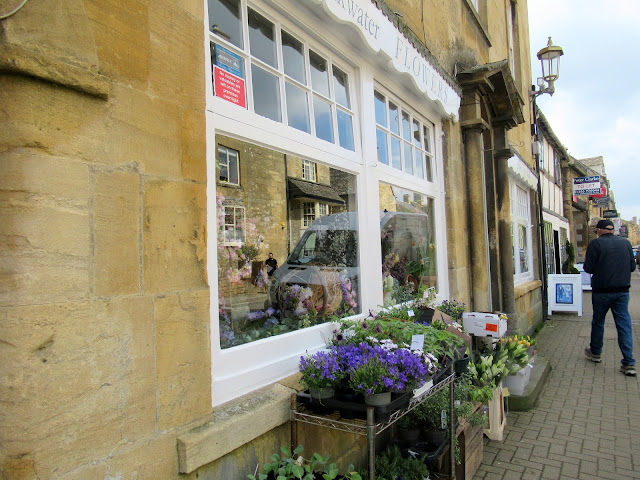




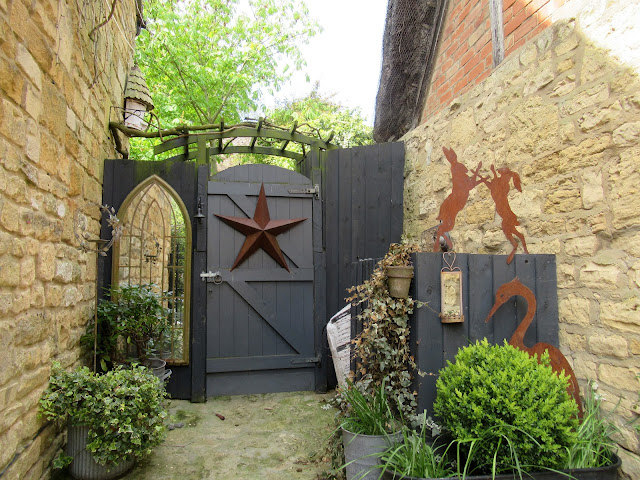





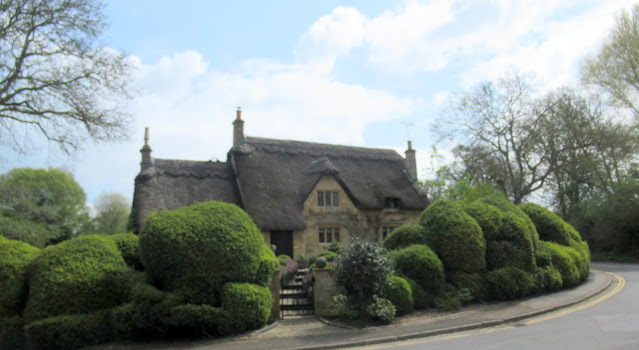








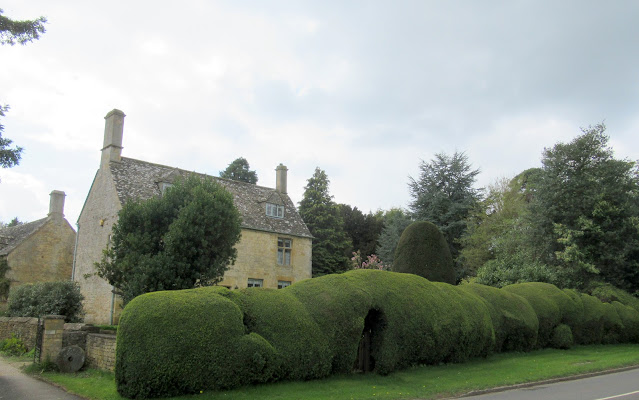
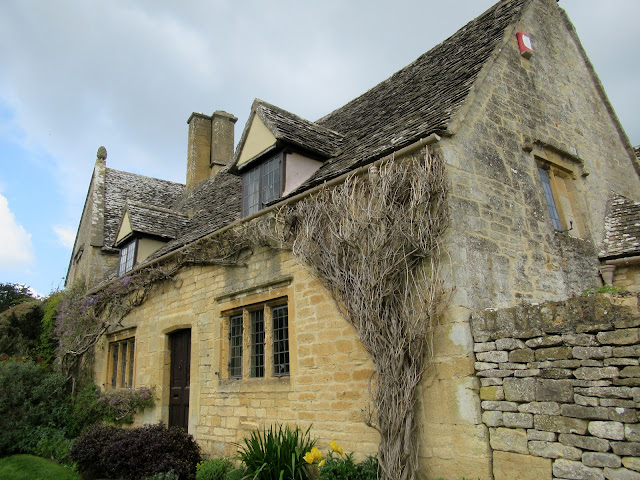

















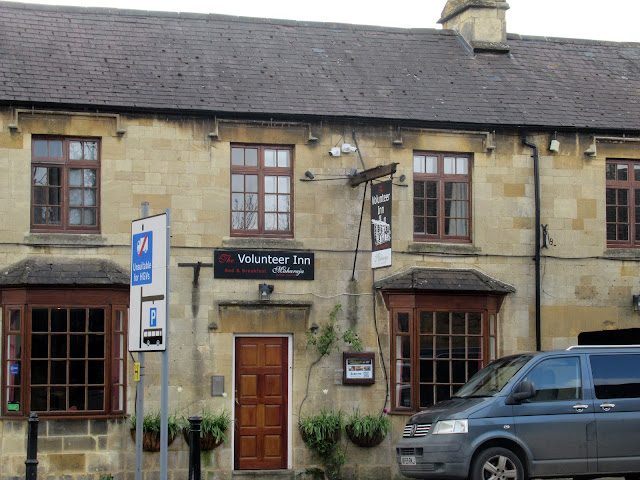



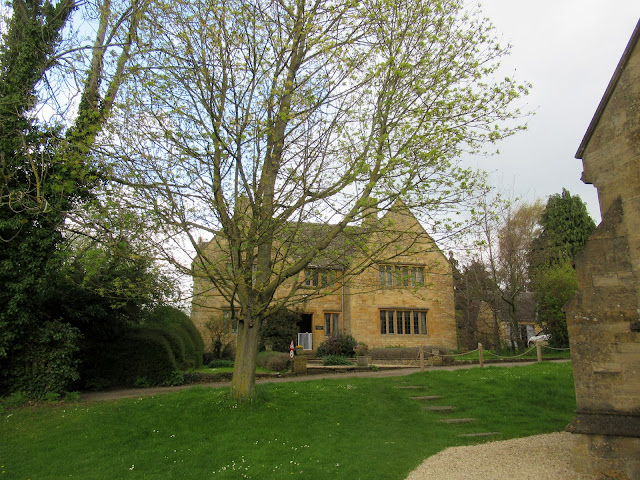





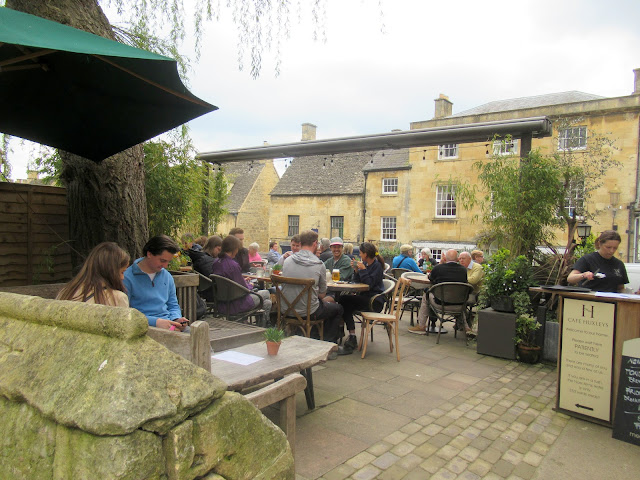










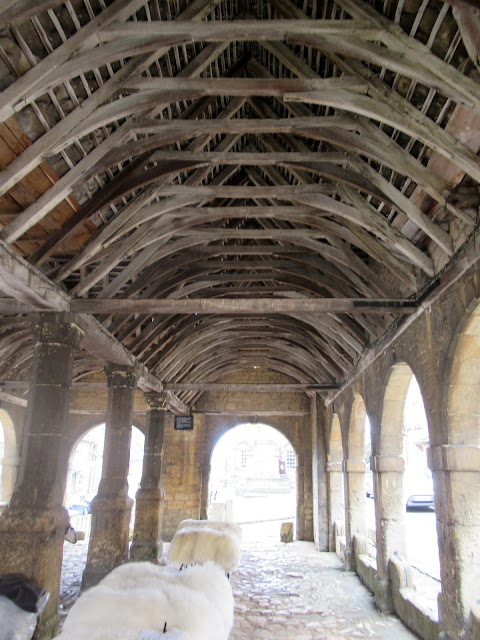




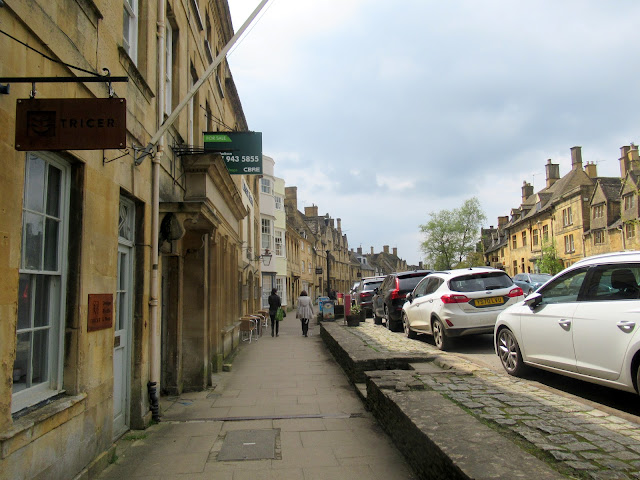
No comments:
Post a Comment